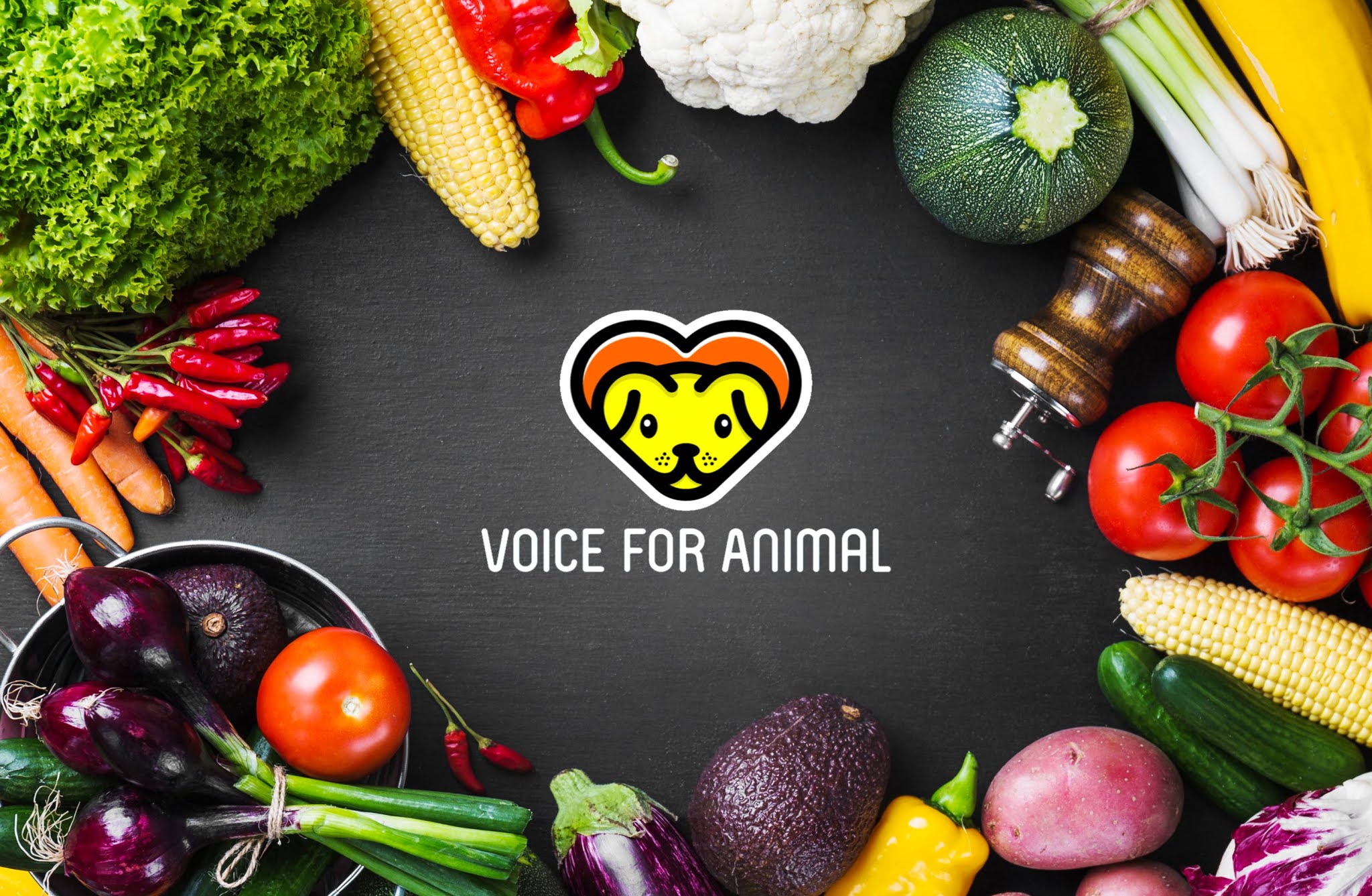Veganism
Vegetarians (VEE-guns) are people who choose not to eat any animal products, including meat, eggs, dairy products, honey and gelatin. Most vegetarians also do not support industries that feature captive and / or performing animals, including circuses, zoos, and aquariums.
The American Vegetarian Society (2006) defines vegetarianism as "an advanced way of living according to the reverence of life, while recognizing the rights of all living things, and imparting compassion, kindness and justice embodied in the Golden Rule."
The word vegan was derived from the word vegetarian in 1944 by Elsie Shrigley and Donald Watson, founders of the Vegetarian Society in the United Kingdom. Shrigley and Watson were disappointed that vegetarianism included the consumption of dairy products and eggs. They saw vegetarianism as "the beginning and end of vegetarianism," and they used the first and last three letters of vegetarianism to coin the new term.
The "Vegetarian America in America" poll conducted by the Harris Office of Interactive Services in April 2008 indicated that 7.3 million American adults are vegetarians. Nearly a million of them are vegetarians.
The Mintel survey showed that US sales of plant and vegetarian foods increased by 64 percent from 2000 to 2005, and that the plant-based food market is expected to grow to more than $ 1.7 billion in sales by 2010. The increase is attributed to concerns about animal welfare. Personal health and / or the environment.
Ethical Reasons for Veganism
There is evidence of cattle, chickens, pigs and other meat animals being raised in poor conditions, where they can be fed food in large quantities, such as grains, or substandard or inappropriate food. They are sometimes kept in very small spaces to raise as many animals as possible.
Even more disturbing, there is evidence that animals in slaughterhouses are not always killed in human form, for example, when stun guns do not work. USDA inspection records documented 14 violations of human slaughter in a processing plant, including the finding of pigs that "were walking and screaming after being electrocuted [with a stun gun] four times" (Warrick, 2001). During slaughter, the animals are hung upside down and their throats cut, sometimes while they are still conscious. Many of them are still alive while being flogged, dismembered, or burned in feathering tanks.
According to Mintel's Eggs and Egg Substitutes - United States, June 2004, consumers interested in animal welfare are choosing to purchase eggs from hens that are not raised in cages. Vegetarians also believe that it is wrong for animals to use their milk or eggs. It is estimated that each vegetarian saves more than 100 animals each year.
Health Reasons for Veganism
Studies have shown that vegetarians and vegans are, on average, at least 10 percent less fat and live six to ten years longer than meat eaters. The ADA states that “vegetarians, especially vegetarians, often have weights closer to the desirable weights than non-vegetarians” (American Dietetic Association, 1993).
Environmental Reasons for Veganism
Livestock’s Long Shadow Report issued by the United Nations in November 2006 indicated that raising animals for food generates more greenhouse gas emissions than all the world's cars, trucks, trains, ships and airplanes combined.
The Environmental Protection Agency has reported that factory farms are polluting our waterways on a massive scale. Animals raised for food produce nearly 130 times the amount of excreta produced by the entire human population, 87,000 pounds per second (beta plant group). Cattle waste emits ammonia, nitrous oxide, carbon dioxide and other toxic chemicals into the atmosphere. A study by Duke University Medical Center showed that people who live downwind on pig farms are more likely to suffer from stress, depression, fatigue, nausea, vomiting, headache, shallow breathing, cough, sleep disturbances, and loss of appetite than the general population (Schiffman et al., 1995).
Almost 3 1/4 acres of land are needed to produce carnivorous food; Vegetarian food can be produced on only 1/6 acre of land. In the United States, animals are fed more than 70 percent of the corn, wheat, and other grains we grow (PETA). The world's livestock consumes nearly as much food as the caloric needs of 8.7 billion people; About 1.4 billion people can be fed grains and soybeans in the United States alone.








Leave a Comment